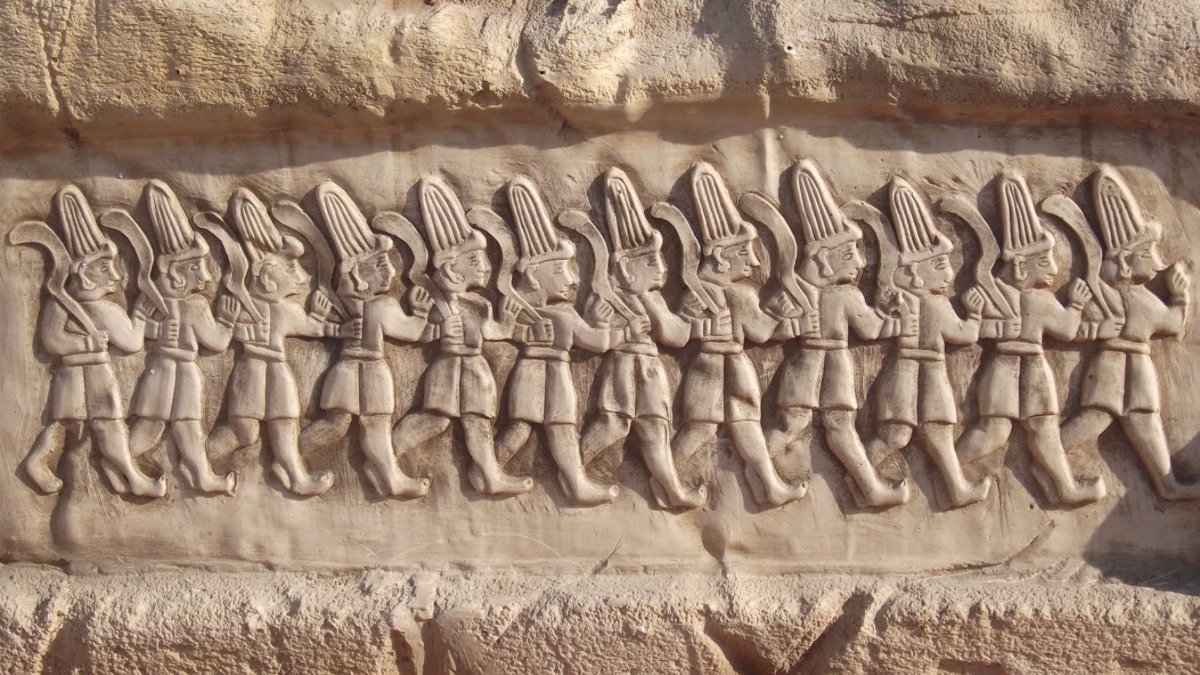Anointing oil holds a significant place in the Bible, symbolizing consecration, blessings, healing, and the presence of the Holy Spirit. Let’s explore its biblical references, symbolism, and contemporary applications.
Biblical References and Symbolism
Throughout biblical accounts, this sacred oil is employed to consecrate priests, prophets, and kings, representing God’s chosen ones. Anointing symbolizes empowerment, healing, and dedicating individuals to divine purposes.
You can watch this explanation of its biblical context by clicking here.
TL;DR
In biblical narratives, this sacred oil stands for consecration and divine empowerment, echoing its significance in contemporary religious practices.
Symbolism and Spiritual Meaning
This sacred oil symbolizes the outpouring of the Holy Spirit, divine favor, and blessings upon individuals, signifying spiritual protection, empowerment, and divine favor from above.
Contemporary Use of Anointing Oil
In modern Christian rituals, this sacred element is utilized in healing prayers, consecration rites, and as a symbol of divine blessing. It is believed to bear the same spiritual essence as in biblical times, providing blessings and divine protection.
Key Bible Verses on This Sacred Oil
While the Bible contains numerous references to this sacred element, here are ten impactful verses highlighting its significance and symbolism.
Its Role in Present-Day Practices
In contemporary Christian customs, this sacred element finds its place in ceremonies, healing prayers, and moments of consecration. It serves as a tangible representation of divine favor and blessings.
Relating Biblical Passages to Modern Practices
Through exploring biblical verses regarding this sacred oil, believers gain insight into its spiritual significance and how it continues to be cherished and practiced in faith traditions.
Its Significance in Worship
This sacred element plays a vital role in worship, symbolizing divine presence, consecration, and spiritual blessings. Its usage reflects reverence for individuals chosen by God and moments marked by divine interventions.
Modern Applications
Today, this sacred element is a tool for healing prayers, consecration rituals, and invoking spiritual blessings. It links current practices to the ancient tradition of anointing for divine favor and protection.
Highlighting Notable Bible Verses
1. Psalm 23:5 – “You anoint my head with oil; my cup overflows.” This verse symbolizes God’s abundant blessings and provisions in our lives.
Exploring the Spiritual Significance
With its deep biblical roots and profound symbolism, this sacred oil remains a cherished element among believers. This practice connects ancient traditions with modern expressions of faith, embodying divine blessings and consecration.
Click here to discover more enlightening articles on biblical customs and spiritual guidance.






